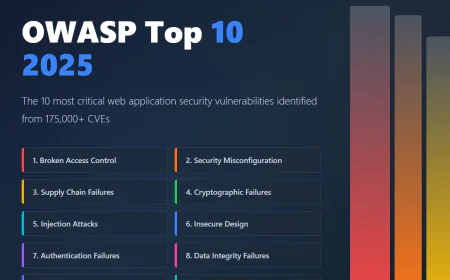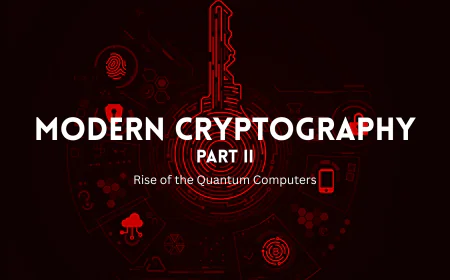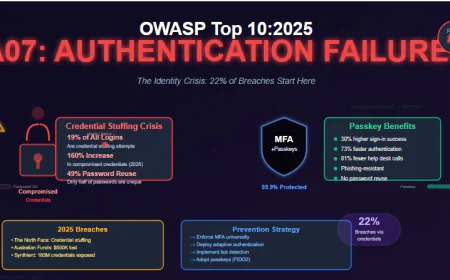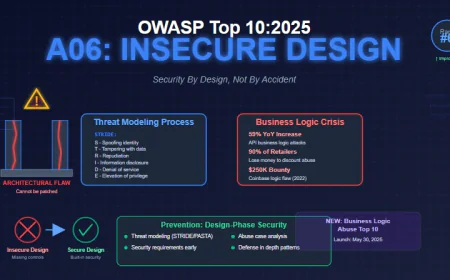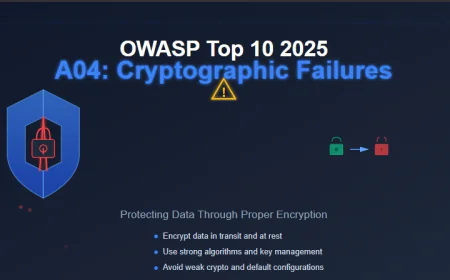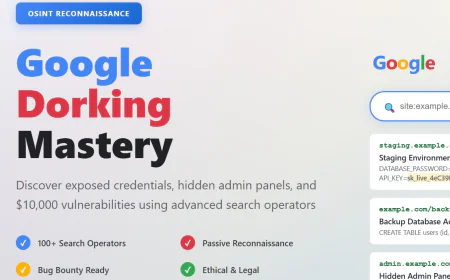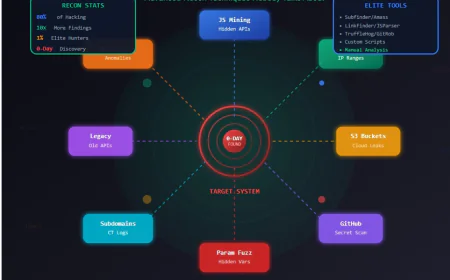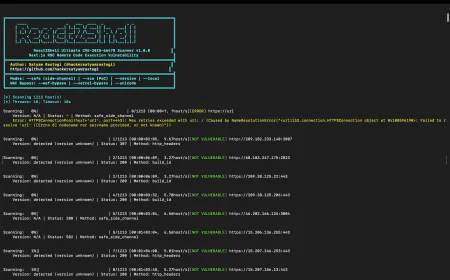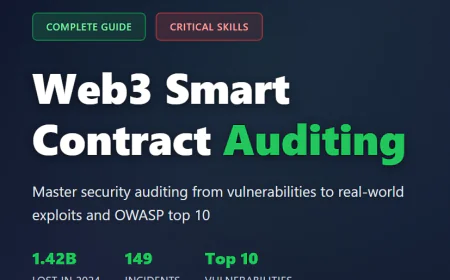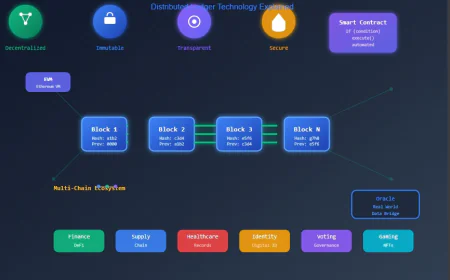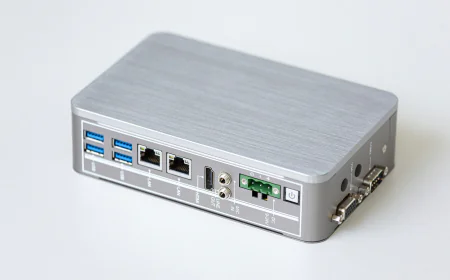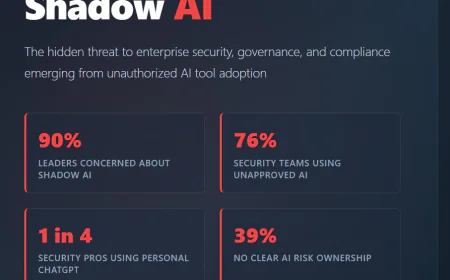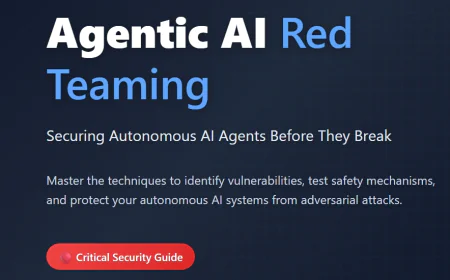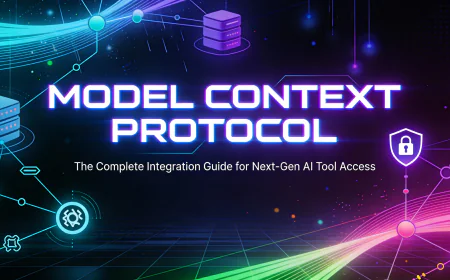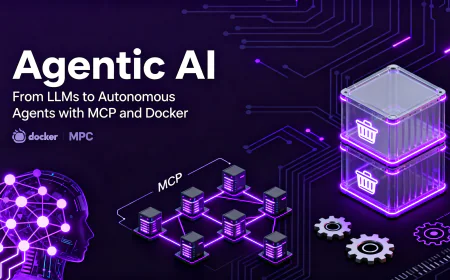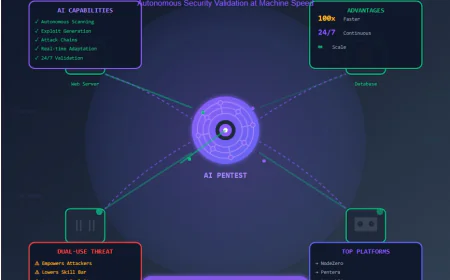Lessons from the 2025 Okta & Cloudflare Breach: What DevSecOps Teams Can Learn
The 2025 Okta & Cloudflare breach wasn’t just another headline — it was a masterclass in how even the biggest players can fall to overlooked gaps. For DevSecOps teams, this incident is a wake-up call: identity systems, token misuse, and third-party trust are the soft spots attackers love to exploit. This blog breaks down what really happened, why it matters, and the practical lessons every security-minded team should take home.

Introduction: When the “Unbreakable” Breaks
When you think of companies like Okta (identity provider) and Cloudflare (internet backbone), you expect Fort Knox-level security. But in 2025, both giants were hit by a breach that showed us one harsh truth: no system is bulletproof.
Attackers didn’t storm in through flashy zero-days. Instead, they exploited the soft underbelly of trust — identity, tokens, and integrations. For DevSecOps teams, this isn’t just gossip. It’s a playbook of what not to miss when securing pipelines and cloud environments.
What Happened: A Quick Breakdown
The 2025 breach unfolded like a thriller:
- Okta: Attackers exploited session tokens and API credentials to impersonate users. Once inside, they could escalate access across connected apps.
- Cloudflare: The attackers used compromised identity data to pivot into internal systems, showing how quickly third-party trust can become a liability.
The scary part? Both companies had strong security tooling — but attackers still slipped through because the foundation (identity and trust) was assumed safe.
The DevSecOps Angle: Key Weak Spots Exposed
1. Identity ≠ Invincible
Even if you’re using Okta or another IAM provider, don’t assume identity data is untouchable. If session tokens or API keys leak, attackers can bypass your entire pipeline.
Lesson: Treat tokens like radioactive material — short-lived, rotated automatically, and always monitored.
2. Third-Party Trust Is Risky Business
DevSecOps pipelines rely heavily on SaaS tools (CI/CD, monitoring, cloud providers). But each integration is a potential entry point. In this breach, attackers jumped from Okta to Cloudflare like stepping stones.
Lesson: Adopt Zero Trust principles for third-party connections. Don’t let one integration compromise your whole environment.
3. Monitoring Shouldn’t Stop at “Known Good”
Okta and Cloudflare had monitoring, but the attackers hid in plain sight by using valid credentials. Logs didn’t scream “hacker!” — they looked like normal users.
Lesson: Use behaviour-based monitoring (UEBA — User & Entity Behaviour Analytics) to flag when “valid” accounts act suspiciously.
4. Incident Response Still Lags
The timeline showed delays in detecting and fully disclosing the breach. For DevSecOps teams, speed matters. If attackers move in hours, your response can’t take days.
Lesson: Practice red team drills and tabletop exercises so your team knows exactly what to do when an identity compromise happens.
What DevSecOps Teams Should Do Now
Here’s a practical playbook from this incident:
- Rotate and vault secrets: No hardcoded API keys, use secret managers.
- Short-lived tokens: Reduce the blast radius if stolen.
- Zero Trust pipelines: Every service and identity must prove itself every time.
- Continuous auditing: Don’t just log, analyze with AI/UEBA.
- Third-party vetting: Review your SaaS integrations regularly — don’t just “set and forget.”
- Breach-ready culture: Train developers and ops on identity security like it’s part of coding.
Final Thoughts: A Breach Worth Learning From
The Okta & Cloudflare breach wasn’t about weak firewalls or lazy patching. It was about trust — and how attackers weaponize it.
For DevSecOps teams, the lesson is simple:
Identity is code. Treat it with the same rigor you apply to your CI/CD pipeline.
If we embed Zero Trust into DevSecOps, breaches like this can go from catastrophic headlines to minor footnotes.
So, the real takeaway? Don’t just learn from your own mistakes. Learn from giants like Okta and Cloudflare — before attackers teach you the hard way.
